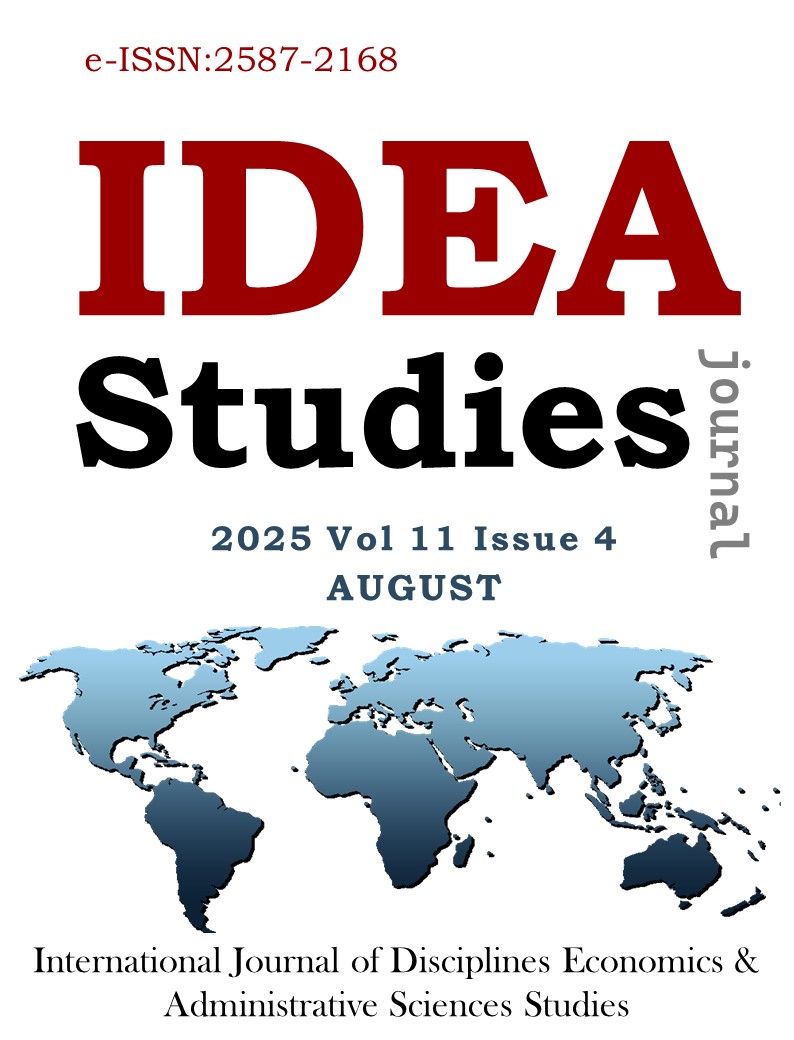Relationship between Electricity Consumption, Generation, and Economic Growth: Evidence from Visegrad Countries
Author :
Abstract
Keywords
Abstract
The purpose of this study is to determine the relationship between electricity generation, electricity consumption, and economic growth in the Visegrad countries. Visegrad four is one of the most important regional groups in the European region. The countries that make up the Visegrad four are Czechia, Hungary, Poland, and Slovakia. The model has three independent variables. The independent variables are electricity consumption and electricity generation. Electricity generation is represented by two different variables according to the type of resource used. The analysis covers the period 1993-2023 and the Gengenbach–Urbain–Westerlund (GUW) panel co-integration test, Augmented Mean Group (AMG) estimator, and Dumitrescu–Hurlin causality test were applied. Since a co-integration relationship exists between the variables, long-term co-integration coefficients were estimated. According to the AMG estimation results, electricity consumption increases economic growth for the entire panel. While electricity generation from fossil sources reduces economic growth, electricity generation from renewable sources increases economic growth. However, the effect of electricity generation from renewable resources is statistically insignificant. According to the causality test, there is no causal relationship between electricity consumption and economic growth, or between electricity generation from renewable sources and economic growth. There is a bidirectional causal relationship between electricity generation from fossil fuel sources and economic growth. This result shows that the dependence on fossil fuels for electricity generation in Visegrad is high, and electricity generation from renewable sources does not have a sufficient effect on economic growth. The implementation of policies that will increase electricity generation from renewable resources should be given importance, and energy policies should be reviewed accordingly.





